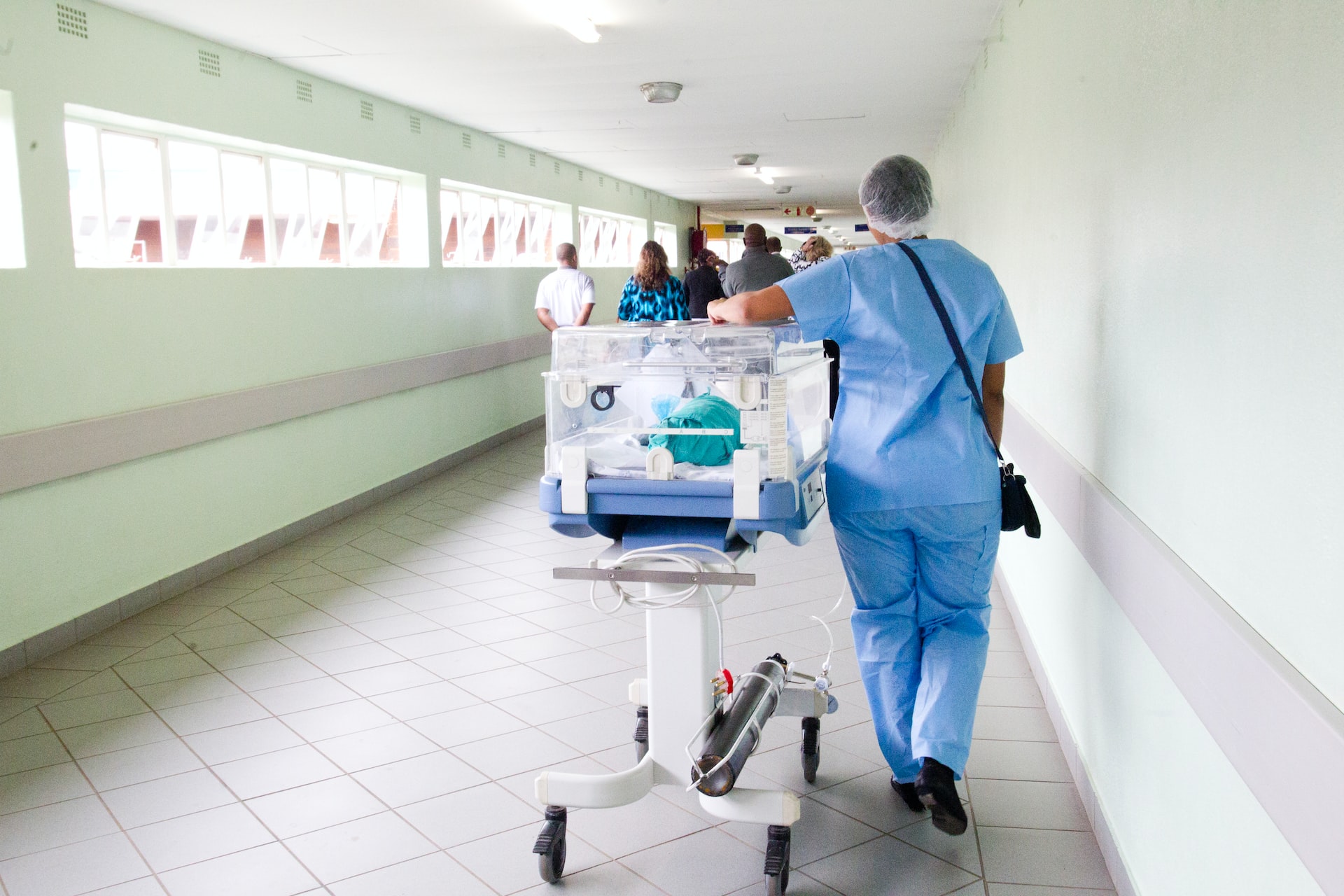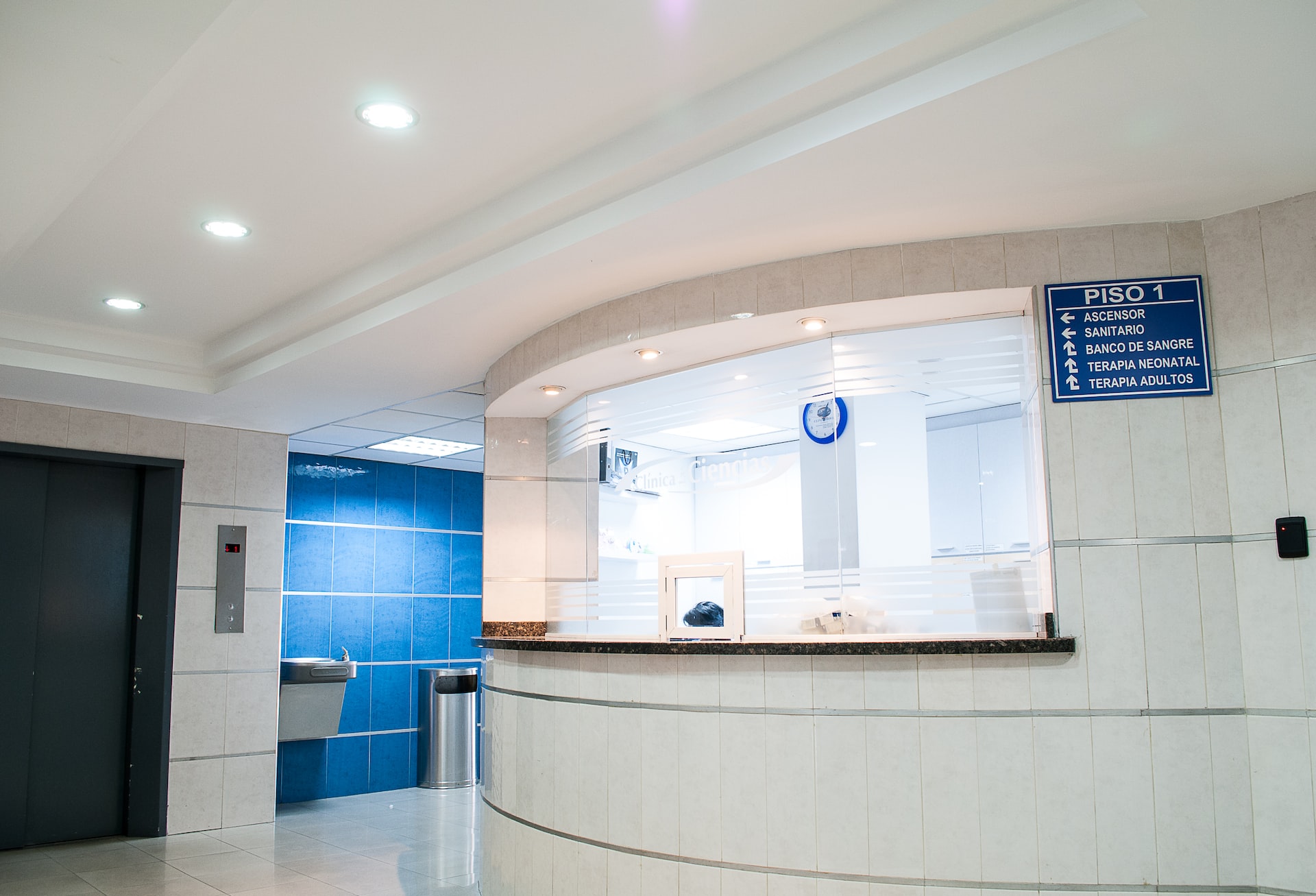From the strong smell of disinfectants to the color of the walls and the clothing staff wear, hospitals are often considered sterile spaces. There are, however, all sorts of unsterile things that take place inside a hospital. Ranging from things as minuscule as sneezing to bodily fluids on the flood, and bloody open wounds, these are just a few examples of things you can find in and around a hospital on a daily - if not hourly - basis. Once medical professionals get a patient’s condition under control, there are still quite a few additional things that need to be done in order to ensure surfaces and equipment are clean. Surfaces and equipment that could have even potentially been in contact with harmful bacteria and microorganisms need to be disinfected in a timeous manner and with the appropriate chemicals. If not pathogens could be passed on to other patients, employees, and even visitors. Here are a few useful ways hospitals can prevent pathogen transmission and cross-contamination.

Firstly, to limit its prevalence in hospital spaces, it is important to understand what cross-contamination is. Cross-contamination is typically unintentional and happens more often than you’d like to think. It is when bacteria or other microorganisms get transferred from one thing to another. This could be from a person to a surface they touch with their hands or feet – you can read more about that here – and then another person by touching that same surface causing the next person to acquire that infection. A few of the most common types of hospital-acquired infections include UTIs, infected surgical sites, bloodstream infections, and even pneumonia.
People go to the hospital to get better, not to come out worse off than before. Unclean hospitals carry horror stories of people going in for a routine check-up after an operation and coming out with a highly infectious disease. Hospital beds, if not properly cleaned between patients, are a playground for bacteria. MRSA, hepatitis, strep, and influenza are just a few of the things you could pick up if a hospital is unclean.
In areas where you have to sit for prolonged periods of time, like waiting rooms and patient rooms, you are at increased risk of cross-contamination. Hallways might be a more surprising one, but restrooms are probably the biggest and this should come as no surprise. It is shocking how many people don’t wash their hands after using a public restroom. Always remember to wash your hands. A great way to limit the amount of cross-contamination that can take place in the hospital space is to implement separate waiting rooms for people who are sick and those who are just coming to visit. This can significantly reduce the amount of cross-contamination that takes place.
Kitchens are of particular concern. Kitchens in general are packed with all sorts of bacteria that come from handling raw food. The incorrect cleanup of knives, cutting boards, and basically anything that’s been in contact with raw chicken, including counter surfaces, can lead to cross-contamination. This can lead to other kitchen staff or patients who eat from contaminated dishes becoming ill. This is why it is important that staff – regardless of whether they are a medical professional or not – should wash their hands and regularly be wiping down and clean surfaces.
Hospital staff are all taught to wear disposable gloves as well as washable gowns and to wash their hands regularly to avoid cross-contamination as much as possible. But what can be done about sick patients or someone who coughs into their hand and grabs a door handle? Hospitals should have regular cleaning schedules to prevent people with already compromised immune systems due to illness, operations, or any other medical conditions from getting sicker. Cleaning should cover all surfaces because you never know what might be contaminated.
Things like restrooms (private as well as public), all floors, examination rooms, operating theatres, waiting rooms, play areas, kitchens, and more are all areas where cross-contamination can occur. If regular hospital cleaning staff are not doing as much as they should or do not have the necessary cleaning equipment, these areas will not get properly disinfected. Hiring a professional cleaning service could be the right thing to ensure everyone’s safety.

One of the best ways to prevent issues of pathogen transmission as well as cross-contamination in a medical environment – that is meant to be sterile – is by regular handwashing. Having hand sanitizer dispensers at regular intervals is a good thing, too. Proper sanitizing and disinfecting practices are an absolute necessity.





